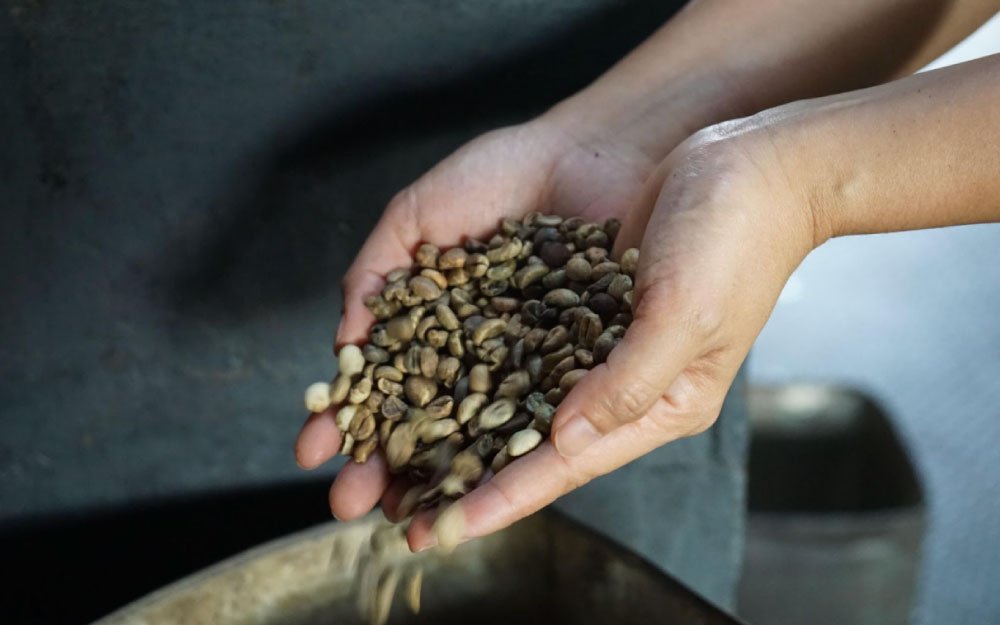The Malaysian coffee industry is a significant contributor to the country’s economy, with coffee being one of the main export crops. Malaysia is known for producing high-quality coffee beans, including Arabica, Robusta and Liberica varieties.
Malaysia. The country located in the South East region of Asia has a variety of drinks. Coffee is one of the drinks that people drink to maintain focus in their daily lives.
In addition, coffee has a huge impact on the economy of Malaysia, so commercial coffee production is becoming increasingly popular.
Coffee is one of the most popular drinks in the world. A person drinks 42.6 liters of coffee a year, of which 12.6 liters are roasted and 30 liters are instant coffee. But despite being the most popular coffee in Malaysia, now Malaysians have adopted coffee commercially. Coffee helps people to concentrate, the caffeine present in coffee helps to keep the nerves fresh and cool.
The coffee industry in Malaysia can be traced back to the late 19th century when it was introduced by British colonialists. Today, the industry is primarily centered in the states of Sabah, Sarawak and Peninsular Malaysia. Malaysia is a major producer of both robusta and arabica coffee beans. Robusta beans are primarily grown in the states of Sabah and Sarawak, while arabica beans are grown in Peninsular Malaysia. The country is also home to a small number of Liberica coffee plantations, although this variety is not as widely grown as the other two. The Malaysian coffee industry employs a large number of workers, including farmers, processors and traders. The coffee sector is also a major contributor to the country’s export earnings, with coffee being one of the top 10 exports from Malaysia. Malaysian coffee is known for its high quality and unique flavor, and is often used in blends and specialty coffee products. The industry is also focused on sustainability, with many coffee farmers and processors implementing sustainable farming practices to protect the environment and the quality of the coffee beans.

Malaysia & World Coffee Economy
In Malaysia alone, the coffee business will generate $1,468.00 million in FY 2023-25. It is expected to grow by 4.40 percent by 2025.Per capita income will be $43.71.Malaysian producers’ biggest issue is selling their coffee beans at a reasonable price to local purchasers. Coffee beans are non-perishable and require less capital to grow than vegetables. Farmers are willing to cultivate coffee if they can sell their beans at a higher price. Furthermore, providing good comments from downstream players can enhance farmers’ confidence, allowing them to sell high-quality beans to downstream players such as local roasters. Local roasters experience difficulties in obtaining high-quality coffee beans since they must import them from other countries, which is costly; thus, purchasing premium coffee beans from local farmers may be a viable option.The Malawian Ministry of Agriculture is providing huge benefits to farmers
My ministry will give special consideration to young, local entrepreneurs to enter coffee farming to develop new venturesDatuk Seri Dr Ronald Kiandee,Minister,Agriculture and Food Industries Ministry
They provide training and technical assistance to farmers to increase productivity; This includes reducing production costs. Famous brand Nestlé is giving special benefits to Malawian farmers. Nestlé aims to purchase 100 tonnes of coffee beans by 2022. (Nestle, 2020).The Coffee Bean & Tea Leaf ensures environmental protection by taking meaningful steps to eliminate plastic waste Customers are served coffee only with in-store reusable silverware, while Parcel orders are served with wooden, biodegradable cutlery.
The commercial popularity of coffee has attracted young entrepreneurs into the coffee business, hoping to lift other Malaysian youth out of poverty. Can help the government by eliminating the problem of youth unemployment. Young entrepreneurs who successfully use technological means can serve as role models for their peers and inspire others to follow in their footsteps.



